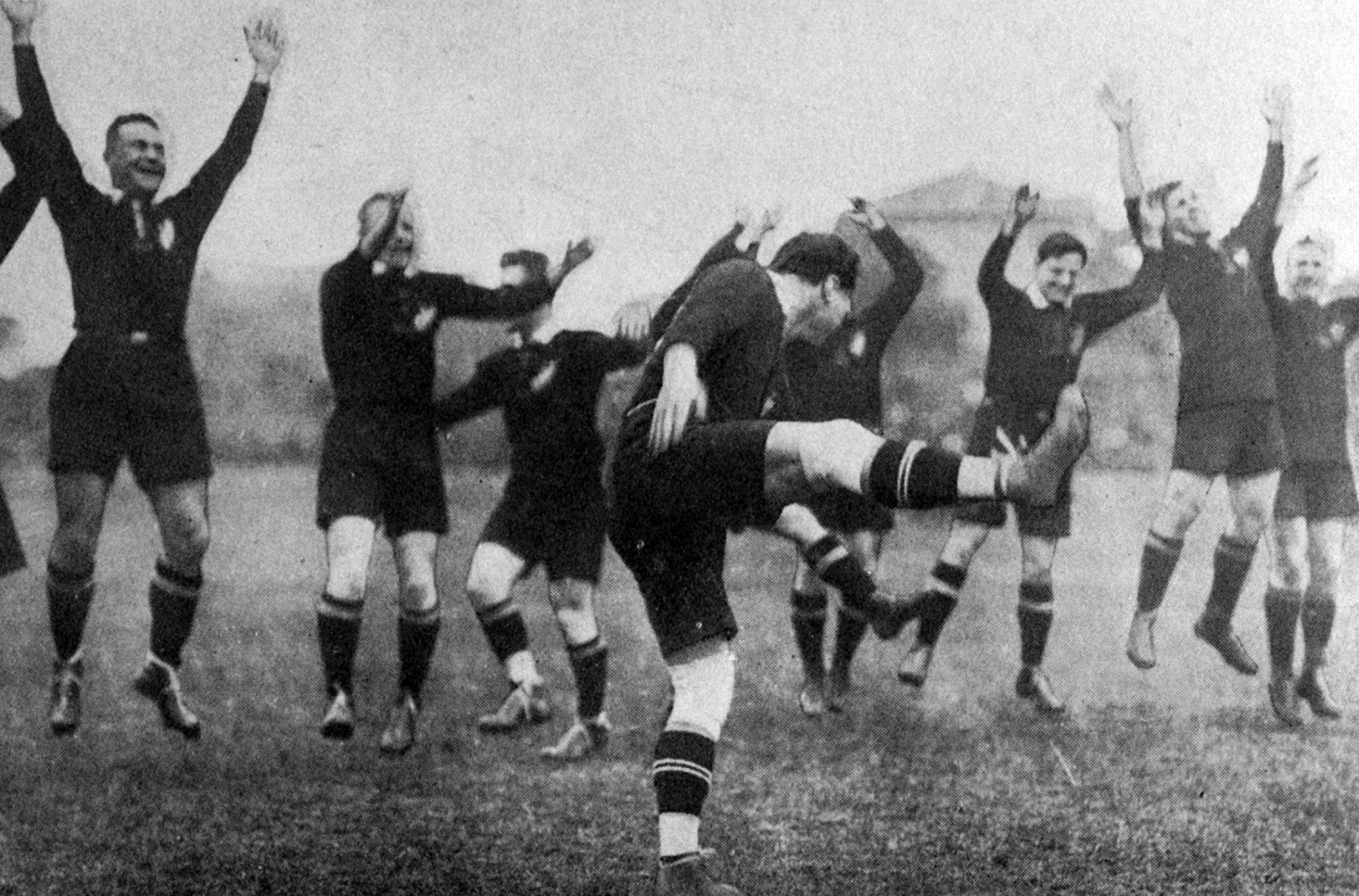

Poverty among prosperity
Otago has a reputation which some other provincial districts may well envy in the matter of freedom from bankruptcies. This means that business is conducted here upon sounder lines than is the case in these other parts of New Zealand. There has never been in Otago that ridiculous inflation of land values which in the North Island has been associated with the ruination of oversanguine people. And the maintenance of a satisfactory general level of prosperity in this part of the dominion is unquestionable. But it would be idle to ignore the existence of poverty in Dunedin, any more than in any other city, whether or not it be a state of affairs that is more chronic than otherwise. — editorial
Water under city centre
The bore which is being put down at the Waitaki Dairy Company’s premises in Anzac square is now practically completed. This bore is the deepest that has yet been sunk in Dunedin, having reached a depth of 355 feet from the surface, and its diameter at the bottom is 4 inches. For the greater part of the depth the drilling was through difficult ground, and from the surface to the 228ft level the material passed through comprised hard basalt boulders embedded in volcanic ejecta. At 228ft basalt rock was struck, and at 310ft the bore passed through this into sandstone formation, continuing to 355ft. From this permeable strata the artesian water is drawn. Yesterday morning a Daily Times reporter visited the company’s premises when a pumping test was in progress to ascertain the quantity of water the bore would yield. This test was continued for four hours without any lessening of the quantity of water discharged, which amounted to 4500 gallons per hour, this being the pump’s maximum capacity.
Kiwi wins Olympic heat
The Olympic Games continued in hot weather. The Prince of Wales chatted with Carr (Australia) while waiting for the start of the 200 metres, in which event Carr and Porritt won their heats — Carr in 22 3/5 sec; Porritt covered the distance in 1 1/5 sec faster. The Prince of Wales afterwards visited the dressing rooms and congratulated Porritt. Mr A.T. Davies (chairman of the New Zealand Olympic Council) said that the result would be exceedingly pleasing to all athletes. While recognising that Porritt would do his best, it was not anticipated that he would gain such prominence considering he was competing against the world’s champions. — ODT, 10.7.1924
Compiled by Peter Dowden












